All reports
Report

Slowing the Hypersonic Arms Race
Hypersonic weapons are named after a specific velocity regime—five times the speed of sound or greater. But this nomenclature is misleading, as these flight speeds are nothing new.
Report
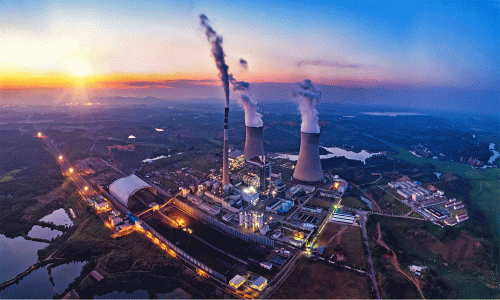
Support Coal Workers
Analysis finds it is possible to support coal workers in the clean energy transition and that these comprehensive policies are affordable.
Report
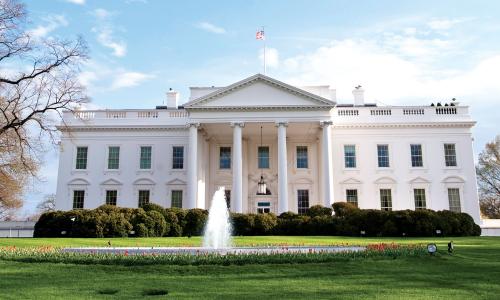
Federal Clean Energy Tax Credits
Analysis shows that federal tax credits are an effective near-term path to expand renewable energy.
Report

Losing Ground
Farmland consolidation—the trend toward fewer, bigger farms—has been accompanied by social and economic consequences that threaten the long-term health of farm communities.
Report

"Advanced" Isn't Always Better
We studied the most prominent “advanced” nuclear reactor designs. Unfortunately, few are safer or more secure than current generation reactors.
Report

Federal EV Policy
Policies to increase EV adoption are an important component of a broad agenda to increase access to all modes of clean personal mobility and goods movement.
Report
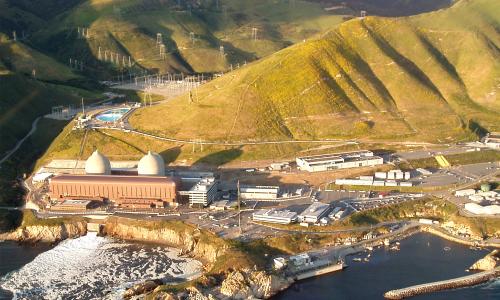
Countdown to Shutdown
With the Diablo Canyon nuclear power plant retiring, California needs to replace all of Diablo Canyon’s output with clean energy.
Report
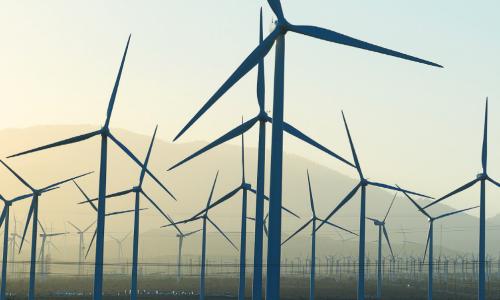
Walking Our Talk Sustainability Report
A periodically updated analysis of internal efforts to lower the carbon footprint of UCS.
Report
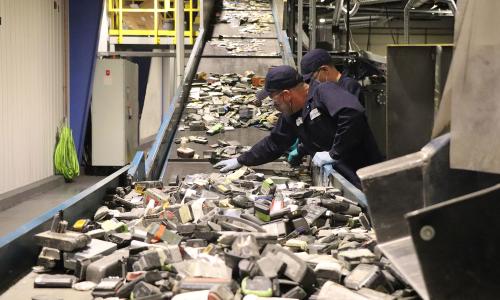
EV Battery Recycling
Strategies for recycling lithium-ion batteries will help the continued deployment of electric vehicles.
Report

The Federal Brain Drain
The Trump administration's attacks on science damaged scientific capacity across multiple agencies. What can the Biden administration do to rebuild federal science?
Report
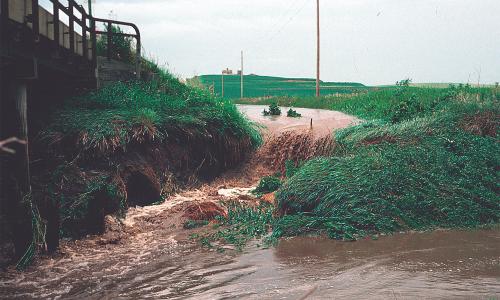
Dirty Water, Degraded Soil
Overuse of nitrogen fertilizer and mismanagement of animal manure have created a costly groundwater pollution problem in Iowa. State and federal policies can help farmers control this pollution at its source.
Report
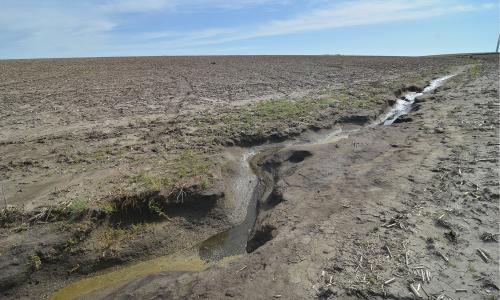
Eroding the Future
US farms are losing soil to erosion at an unsustainable rate. To meet this threat, we need policies that support farmers in conserving and rebuilding soil.